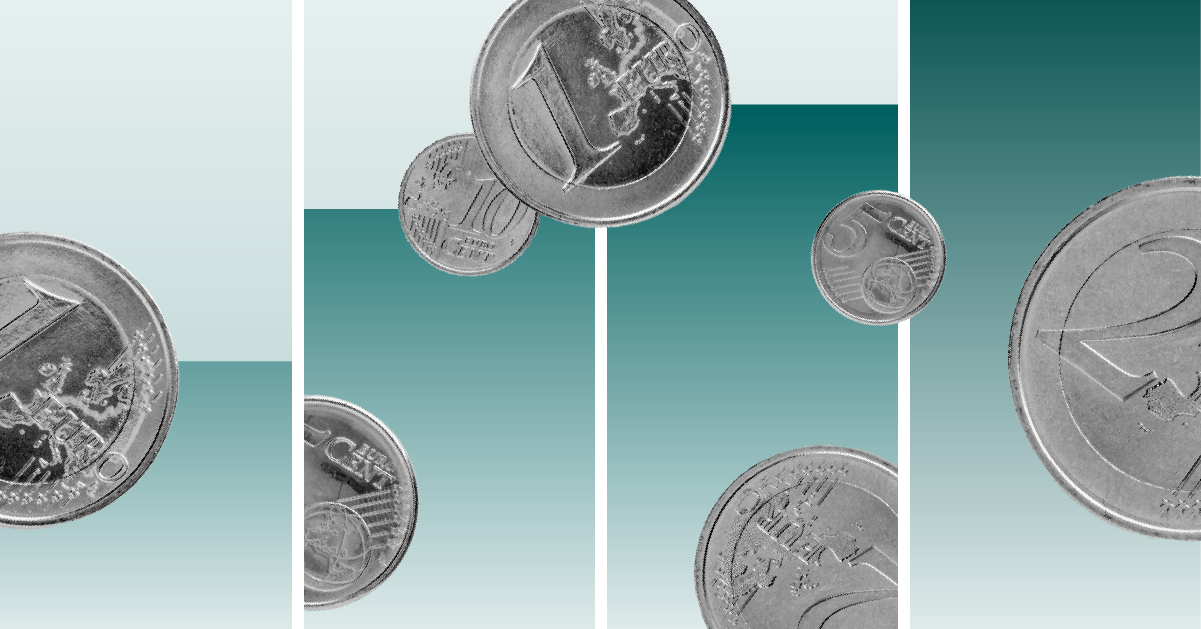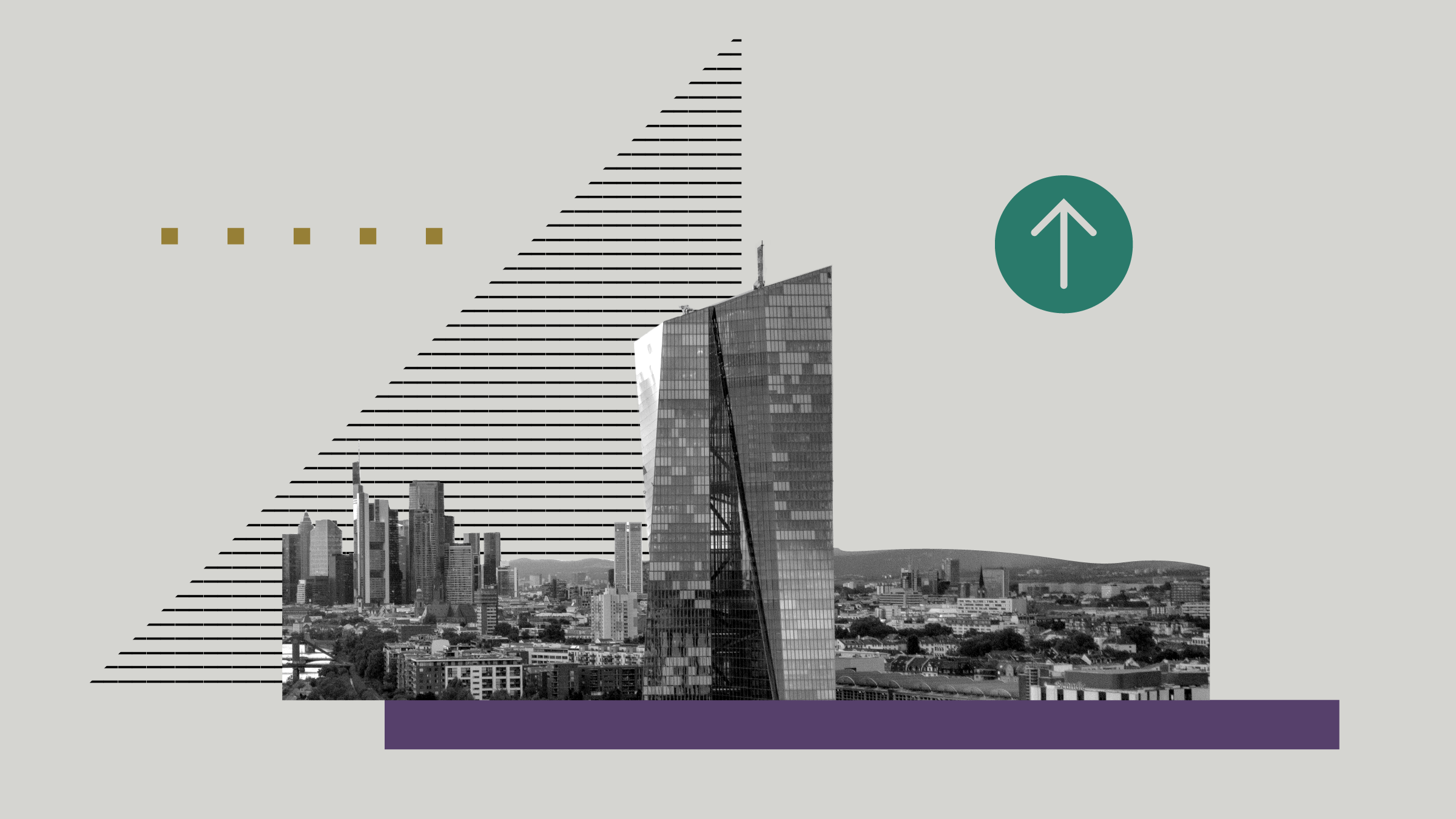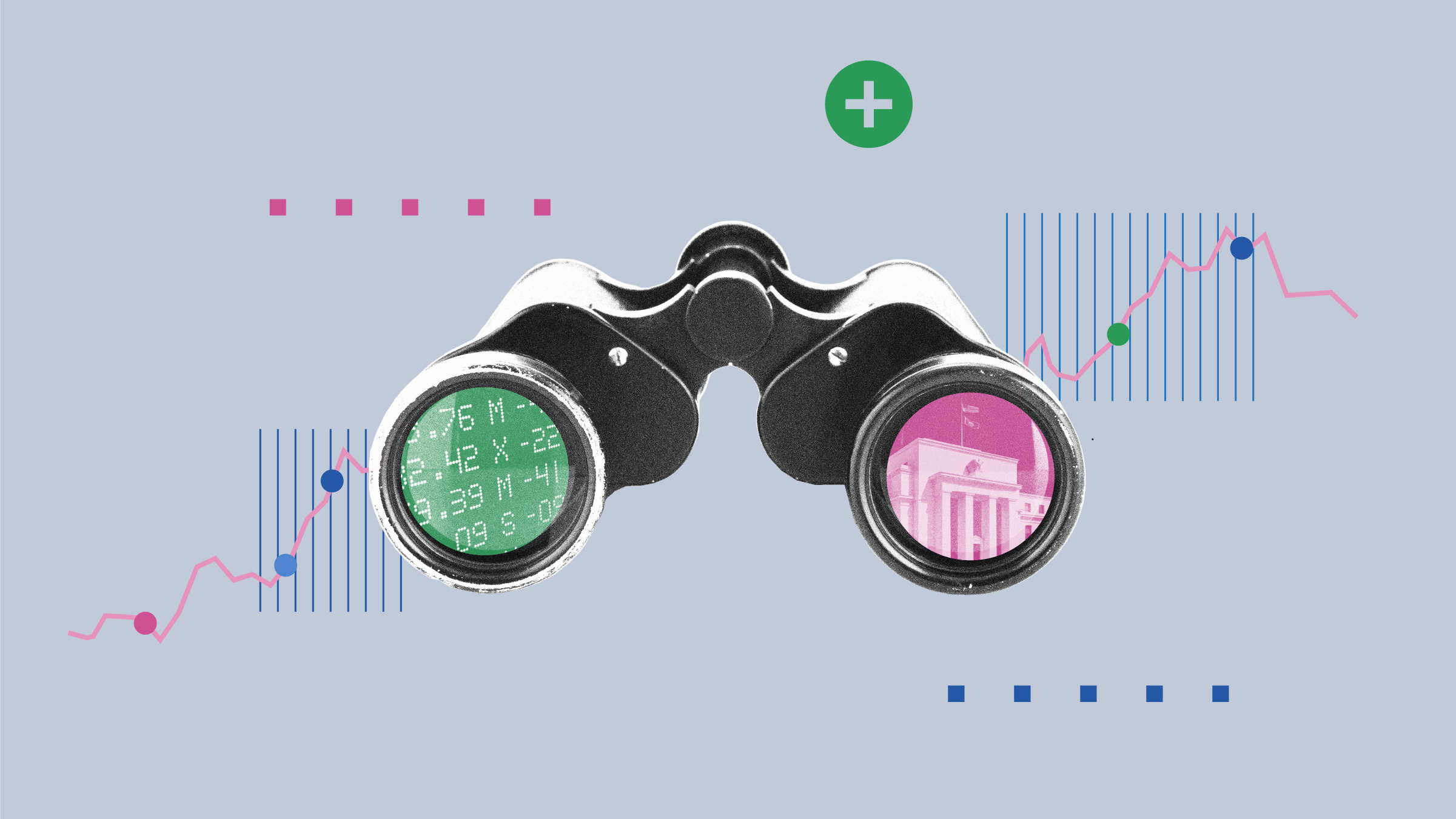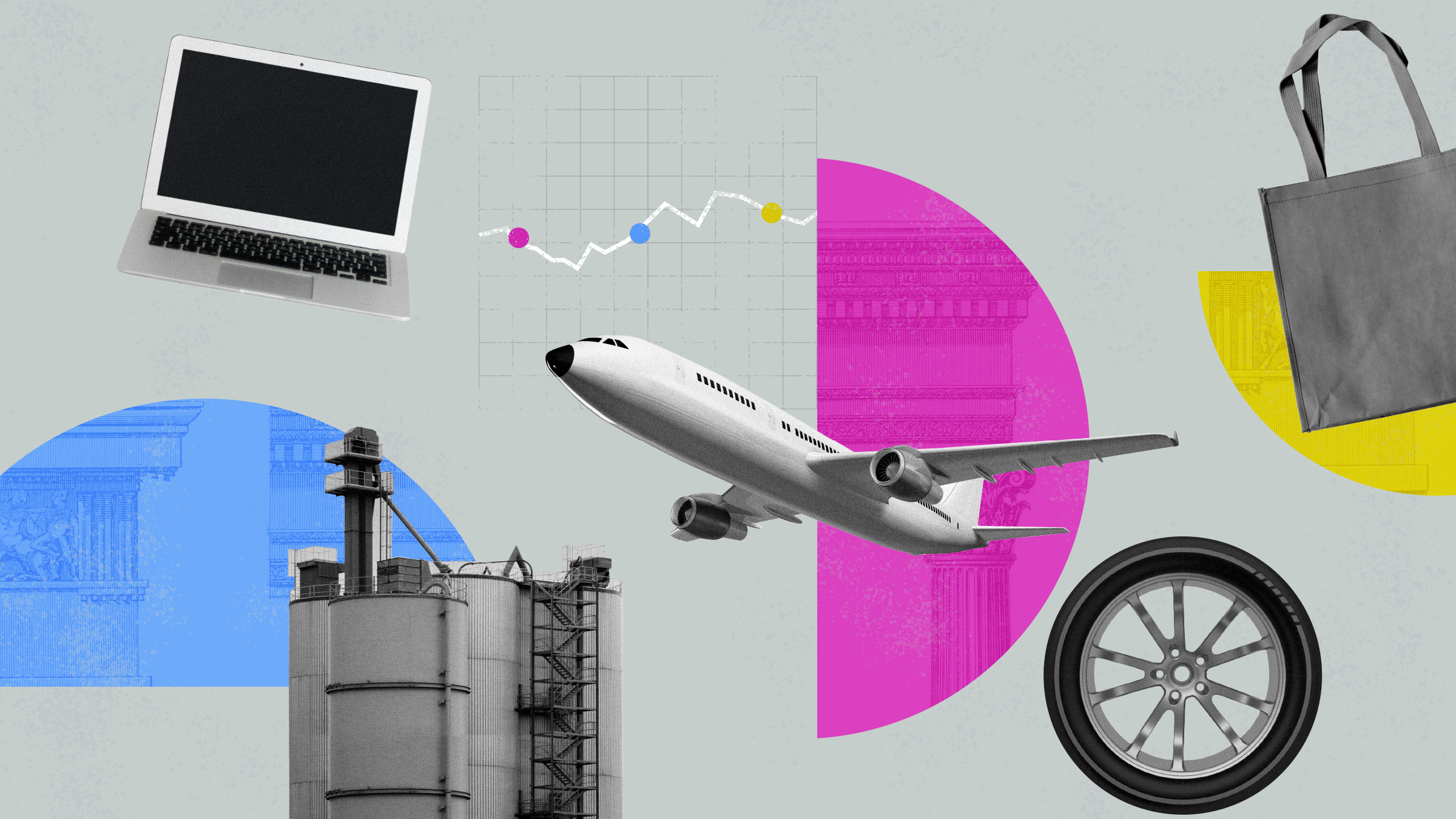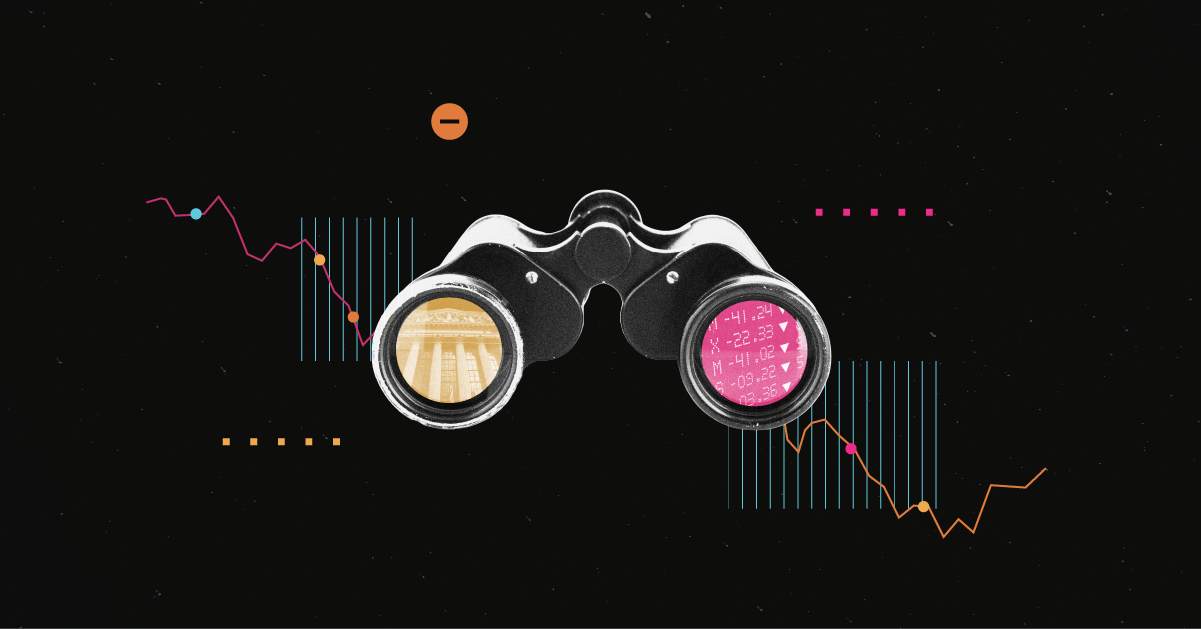
Banking HSBC (HSBA) can’t win. Caught up in the turbulent politics of Hong Kong, HSBC has tried to placate the authorities in Beijing but now faces accusations that it is involved in an American plot against Huawei.
It may find itself having to choose between the first and second largest economies in the world. Presumably it will opt to continue trying to appease China, given that its main operations lie in Asia, but either way it will come at a cost.
This is particularly disappointing as banking is one of the few sectors where the worst of the coronavirus crisis is yet to hit. A wave of bad debts as companies and individuals struggle to cope with loss of income during the various lockdowns across the world will test the measures to shore up banks’ balance sheets put in place after the financial meltdown in 2008.
Barclays (BARC) set aside £1.6 billion in the second quarter for bad loans in anticipation of defaults on top of a £1.9 billion impairment charge in the first quarter – just as we had reached the stage where banks were finally free of the PPI mis-selling retribution. One way or another it always seems to be payback time for banks.
Significant Deterioration
Lloyds Bank (LLOY) followed with even higher provisions, £2.4 billion in the second quarter on top of £1.4 billion in the first. Barclays at least still made a profit after the provisions; Lloyds ran up a loss, adding to the gloom by referring to “a significant deterioration in forward looking economic outlook”.
However, the underlying performance was nothing like as bad as it might have been. Lloyds claimed it saw “early signs of recovery in core markets” while Barclays reported strong trading in investment banking. An awful lot of bad news is now factored into banks’ share prices. Investors are allowing for a second virus wave, which may not happen and is unlikely to be as bad as the first since many people will have immunity.
Lloyds, in which I have a stake, is back below 30p, nearly level with the lowest point after the banking crisis. I cannot feel that the situation is as dire as it was 12 years ago. Barclays is struggling to stay above 100p, well below the year’s start of 180p. Both should recover in the coming months.
I also own shares in HSBC, which has been sliding since hitting a peak of 790p in January 2018. I once thought of this as the strongest performer in the sector but even at 350p I fear the worst may not be over unless the Chinese government backs off.
The Next Surprise
Covid-19 was supposed to be the final nail in the High Street’s coffin yet here we have retailer Next (NXT) promising a decent profit this year and threatening to make enough money to fund acquisitions.
Reopening stores has obviously helped and profits will undoubtedly be way down from the £728.5 million recorded in the previous financial year but around £200 million this time is a good deal better than the earlier scenario of breakeven at best.
The popular assumption was that shoppers who had discovered the joys of internet purchases would stay online. Perhaps they have, after all, also discovered the inconvenience of receiving items that were not quite what they expected, then having to patch up the parcel they had torn apart in anticipation and traipsing off to the post office to post it back. One might as well trail to the shop in the first place.
Next shares have recovered from £34 to £55 so the case for buying is far from clear cut. However, if you’re already in, there is certainly no reason to sell now.
















